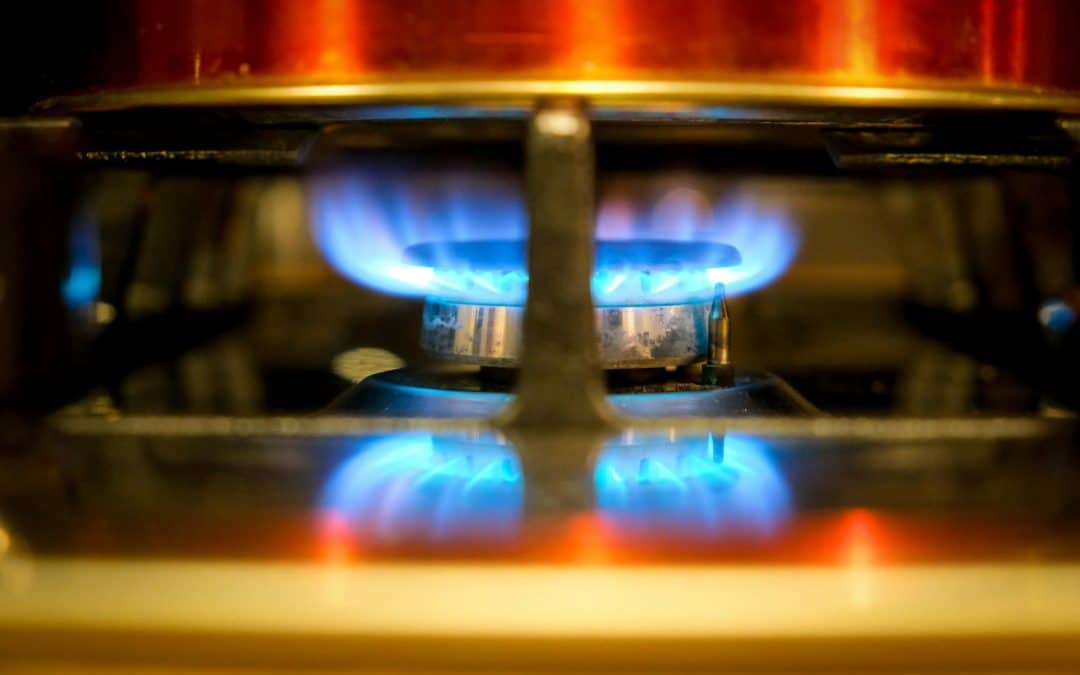Understanding your water bill is key to being sure you’re paying the right amount every month.
We’ve put together this water bill jargon buster to make things a little easier. You’ll find definitions for all the terms you’ll find on your bill, as well as what they mean for your water supply
Understanding your water bill
Assessed Charges
To understand your bill, you need to know whether it’s based on Assessed Charges, Metered Charges or Unmetered Charges. Assessed charges are used if you request a Water Meter but it’s impossible to have one fitted. Under assessed charges, you pay the same standing charge as you would on any other tariff, as well as a fixed monthly charge. The charge is based on the size and occupancy of your property, as well as the average bills in your area.
Domestic Use
This refers to water being used in a home. If your home water bill refers to commercial use then contact your water supplier immediately. Your property has been miscategorised, and you are overpaying for water at business rates.
Leakage Allowance
If your water bills are higher than usual, ask your water company to check for a leak. Your supplier must reimburse you for any extra charges you pay because of leakage. You’ll get the money back as credits on your water bill. These credits are called the Leakage Allowance.
You can claim your credit once the leak has been repaired, and your water supplier should send you the information on how to do so. Once they’ve agreed, check your bill for when the payments come in.
Metered Charges
Metered charges are based on your Water Meter readings. If you are a metered customer, you’ll pay a fixed annual fee split between your bills called the standing charge and a volumetric charge for each cubic metre of water you use. Want to estimate your metered water bill? Check out our utility bill calculator here.
Ofwat
Ofwat is the regulatory organisation for water in the UK. They make sure that every water supplier offers the same level of service and charges their customers a fair price. You can read more about what Ofwat does here.
Unmetered Charges
If you have no Water Meter fitted, or if it’s inactive, you will be billed based on Unmetered Charges. This means your bills are calculated from a combination of an annual standing charge and a charge based on the value of your property. If you believe you use less water than average, you could save by switching to metered charges.
Wastewater
Wastewater is another term for sewerage, or the water being removed from your property. Your wastewater will often be managed by the same company as your clean water but, in some instances, it is handled by a separate company. When this happens, your main water supplier will set up billing for you with the wastewater service. You’ll receive bills for both clean and wastewater by post.
Water Meter
A device fitted in your property that measures the water you’ve used. Your meter will either be fitted in your home or as part of a shared installation outside of your property. If your meter is inside your home you’ll be asked to take a reading regularly and send it to your supplier. External meters are read by your supplier every six months.
Moving soon?
Sorting out utilities at your new home can be overwhelming. If you want free help registering with your water supplier, as well as all your other utilities, sign up for our utility concierge service today. Not only do we save the average mover 7 hours of admin, but you could also save up to £397 a year on your bills.
Read more about water in the UK:
- What’s the average UK water bill in 2024?
- Yes, you can get water saving gadgets worth up to £32, for free!













